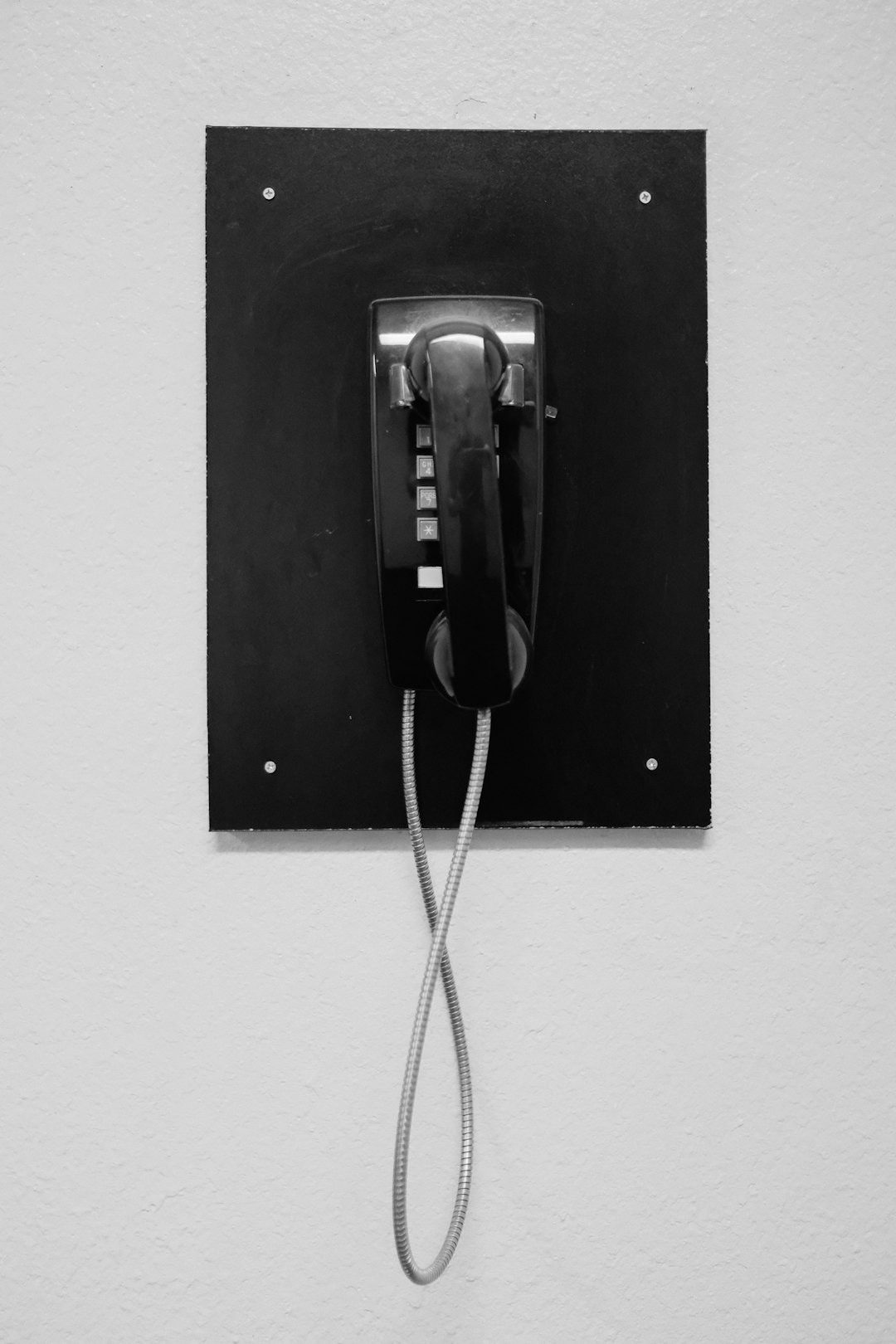South Dakota's No Call Laws protect consumers from unwanted telemarketing calls. If facing persistent or fraudulent calls, consult a lawyer for No Call Laws South Dakota to navigate complaints and uphold rights. Fraudulent telemarketers often bypass do-not-call lists, emphasizing the need for legal guidance to seek justice and compensation. Understanding your rights and taking action through filing complaints or lawsuits holds accountable scammers and deters future scams. Protect yourself by registering on the Do Not Call list, educating yourself about scams, and seeking professional help when needed.
In the digital age, homeowners in South Dakota face a growing challenge: fraudulent telemarketers exploiting their rights under no-call laws. This article delves into the rise of these phone scams, exploring both the legal framework and practical strategies to combat them. Understanding South Dakota’s no-call laws is crucial for protecting your home and privacy. Learn about your legal options if you’ve fallen victim to a phone scam, and discover resources available to help you defend against future attempts. Connect with a lawyer specializing in no-call laws in South Dakota for tailored guidance.
Understanding No Call Laws in South Dakota
In South Dakota, consumers are protected by No Call Laws that restrict telemarketers from making unwanted calls to residential telephone numbers. These laws, enforced by the state’s attorney general, aim to prevent intrusive and fraudulent practices. If a consumer registers their number on the Do Not Call list, it becomes illegal for telemarketers to contact them without prior consent.
For those facing persistent or fraudulent telemarketing calls, consulting with a lawyer for No Call Laws South Dakota can be beneficial. Legal experts in this field can guide individuals through the process of filing complaints and taking necessary actions to stop such harassment, ensuring residents’ rights are upheld according to state regulations.
The Problem of Fraudulent Telemarketers
In today’s digital era, the convenience of home phone lines has unfortunately given rise to a new wave of unwanted intrusions—fraudulent telemarketers. This growing issue affects countless individuals and families across South Dakota, often leading to stress, financial loss, and a violation of personal privacy. These unethical practices not only disrupt daily life but also exploit vulnerable populations, making it imperative for residents to know their rights and protections under no-call laws.
When telemarketers bypass do-not-call lists and make persistent calls, they often employ deceptive tactics to gain access to personal information or pressure individuals into purchasing products or services. A lawyer specializing in No Call Laws South Dakota can help consumers understand their legal standing and guide them through the process of seeking justice and compensation for any harm incurred due to these fraudulent activities.
Legal Options for Victims of Phone Scams
If you’ve fallen victim to a phone scam, it’s crucial to understand your legal options. In South Dakota, there are strict laws in place to protect residents from unsolicited phone calls, known as No Call Laws. These laws give consumers the right to seek legal recourse against telemarketers who violate their privacy and harass them with persistent calls.
One of the first steps for victims is to consult a qualified lawyer specializing in No Call Laws South Dakota. They can provide guidance on potential legal actions, such as filing a complaint with the state’s attorney general or seeking damages through a lawsuit. These legal options not only hold fraudulent telemarketers accountable but also serve as a deterrent for future scams.
Protecting Yourself: Strategies and Resources
Protecting yourself from fraudulent telemarketers is crucial, especially with the ever-evolving tactics they employ. One effective strategy is to familiarize yourself with and adhere to South Dakota’s No Call Laws. These laws provide significant safeguards against unwanted calls, offering a legal framework for consumers to assert their rights. By registering your number on the state’s Do Not Call list, you can significantly reduce the volume of marketing calls you receive.
Additionally, educating yourself about common telemarketing scams is essential. Stay vigilant when sharing personal or financial information over the phone. If a call seems suspicious, trust your instincts and do not provide any details. There are numerous resources available, including consumer protection agencies and lawyer specialists in No Call Laws, who can offer guidance on dealing with fraudulent activities. These professionals can empower you to take action if you become a victim of telemarketing fraud.






